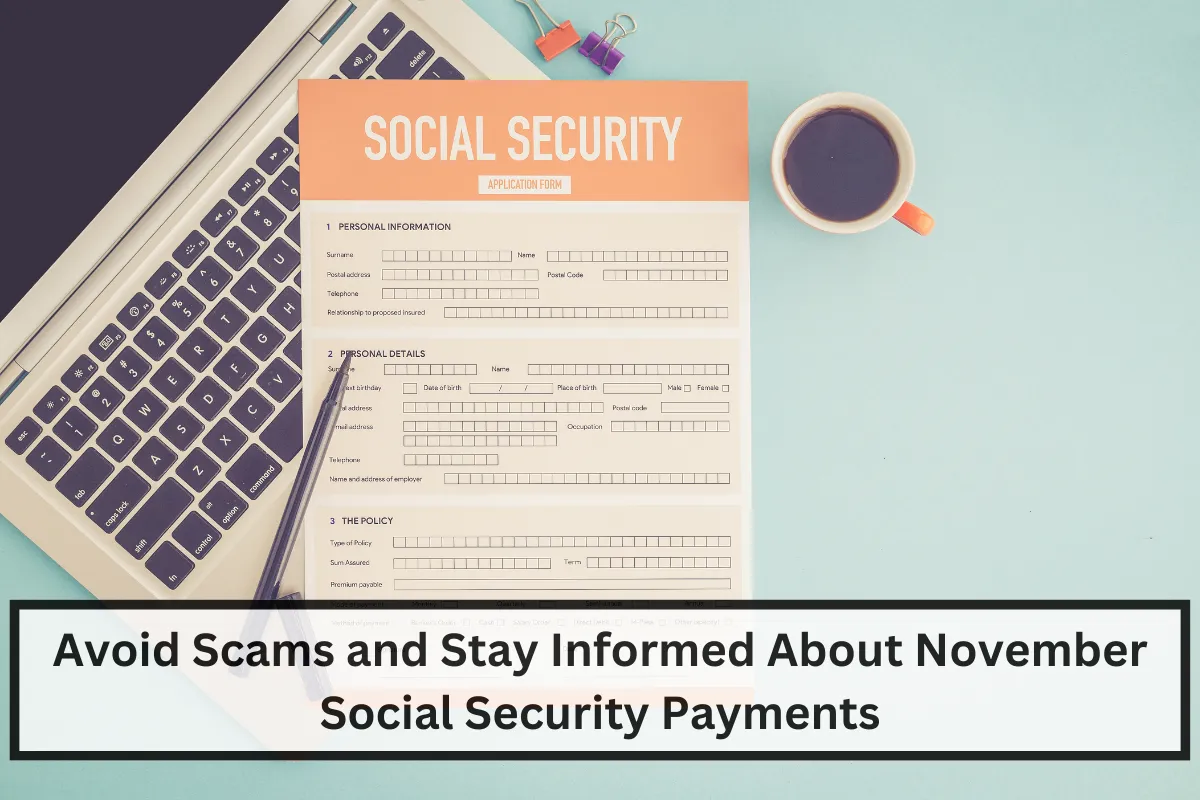The Social Security Administration (SSA) is set to send checks to millions of people in the United States this Friday, November 1.
These payments will go to individuals receiving Supplemental Security Income (SSI) and retirees who applied for benefits before May 1997.
The payments will be directly deposited into beneficiaries’ bank accounts, ensuring that the monthly income reaches them quickly and securely.
What is SSI?
Supplemental Security Income (SSI) is a federal program that provides monthly payments to individuals aged 65 or older, as well as adults and children who are blind or have disabilities.
In June 2024, about 7.4 million people received support from SSI. This month, SSI recipients will receive two payments because of calendar adjustments for December’s payments.
When Will You Receive Your Next SSI Payment?
The first SSI payment for November will be sent out on November 1. This is also the first deposit of the month for people who receive Social Security retirement or disability benefits.
The second SSI payment for the month has been moved up to November 29, as December 1 falls on a weekend.
This change ensures that payments are made on time without extra payments being issued. It’s simply a way to adjust the payment schedule to keep everything running smoothly.
Retirees who started receiving benefits before May 1997 will also get their payment on November 1.
However, retirees who began their benefits after that date will have their payments spread out throughout the month based on their birth dates. For example, those born earlier in the month receive their payments first.
The Rumors Around Stimulus Checks
Lately, rumors have been spreading on social media about possible new stimulus checks. Many people are hoping for more direct cash help due to rising living costs and inflation.
However, it is important to note that no government agency, including the IRS, has confirmed that another stimulus check will be issued.
During times of economic stress, rumors can spread quickly. While many people may support the idea of receiving stimulus payments, some experts worry about the long-term effects on inflation and national debt.
Protecting Yourself from Economic Aid Scams
Older adults, who often live on fixed incomes, are more likely to fall for rumors about stimulus checks or other money-saving programs. Unfortunately, scammers often take advantage of people looking for financial help, leading them to lose money or fall victim to identity theft.
To protect yourself from scams, it’s important to check for information only from official sources like the Social Security Administration (SSA) or IRS websites. These organizations provide reliable information about available benefits.
How Misinformation Affects Your Emotional Well-being
Dealing with false rumors about stimulus checks can be stressful, especially when financial difficulties are involved.
People may feel hopeful when they hear about potential financial aid, only to be disappointed when the rumors turn out to be false. This can lead to anger, frustration, and a sense of hopelessness.
To protect your mental health, it’s best to make financial decisions based on verified information. Always double-check any news you hear about government aid, especially during times of uncertainty, by visiting trustworthy websites like the SSA or IRS.

